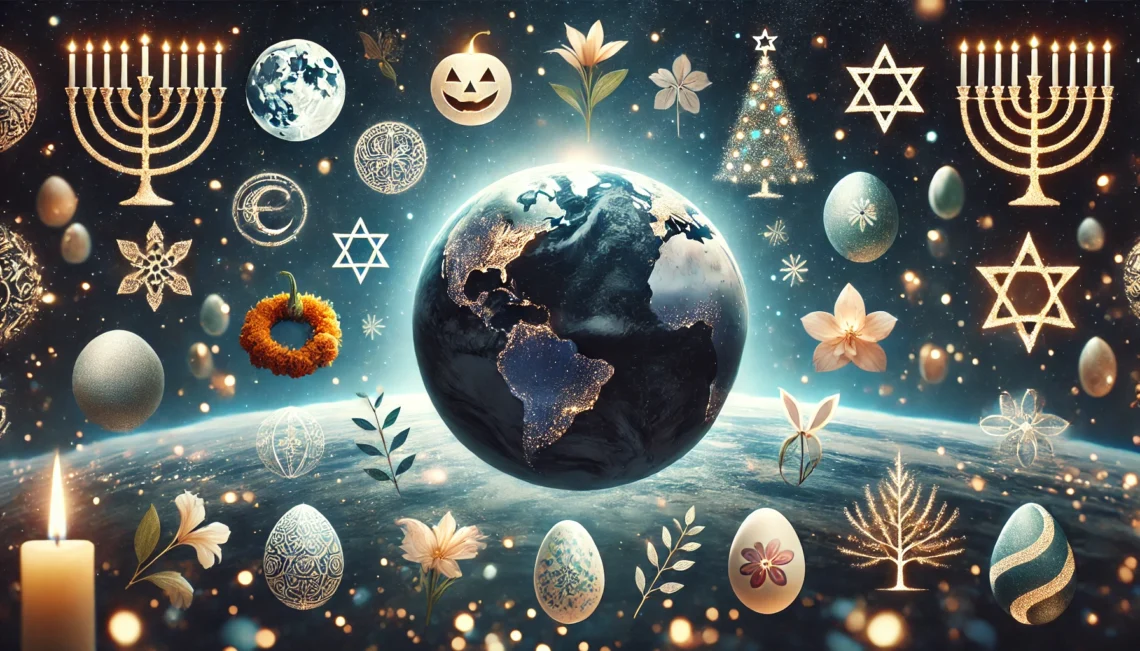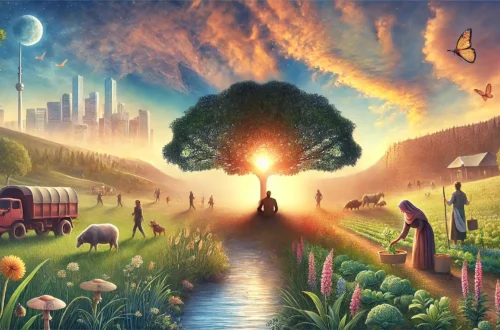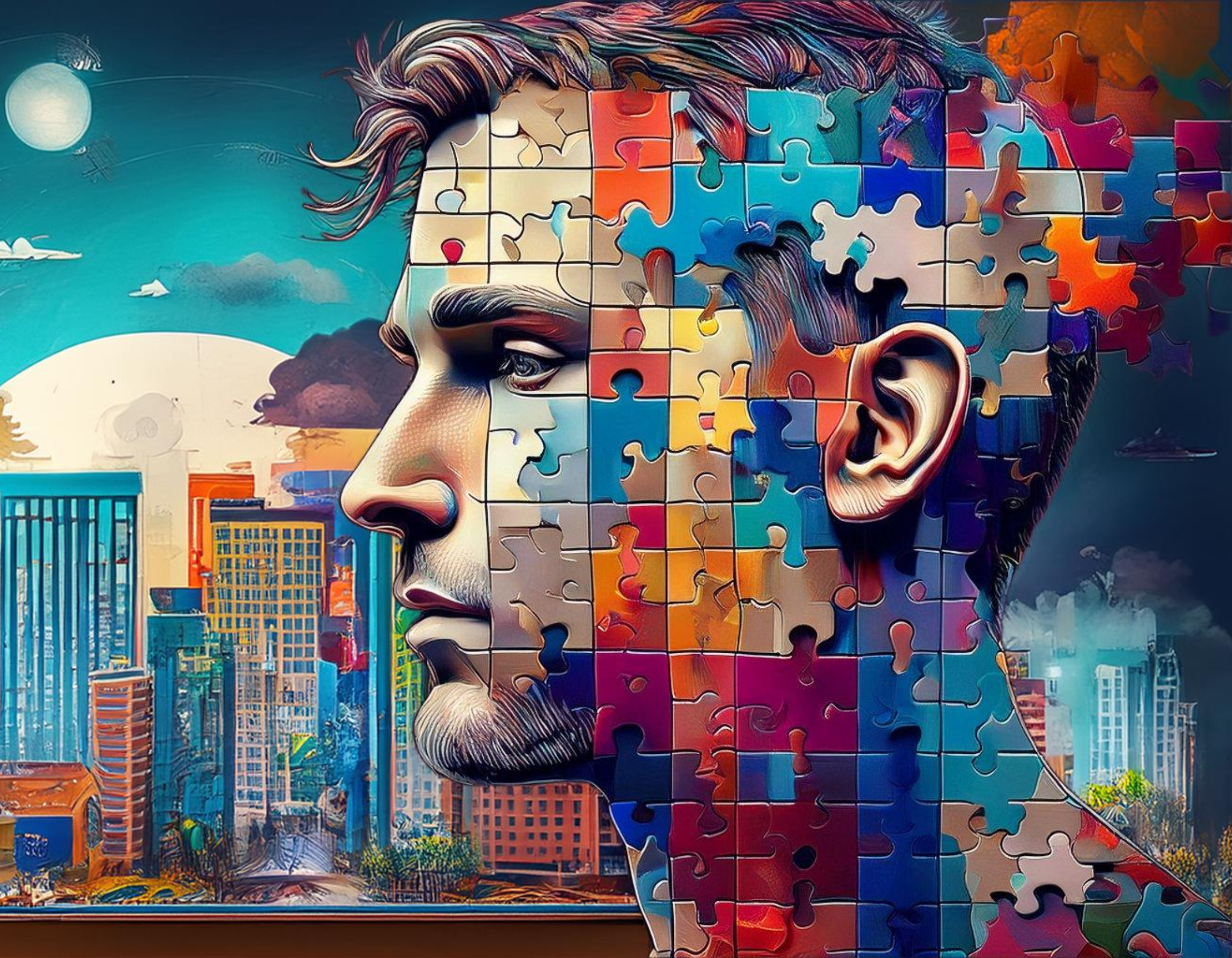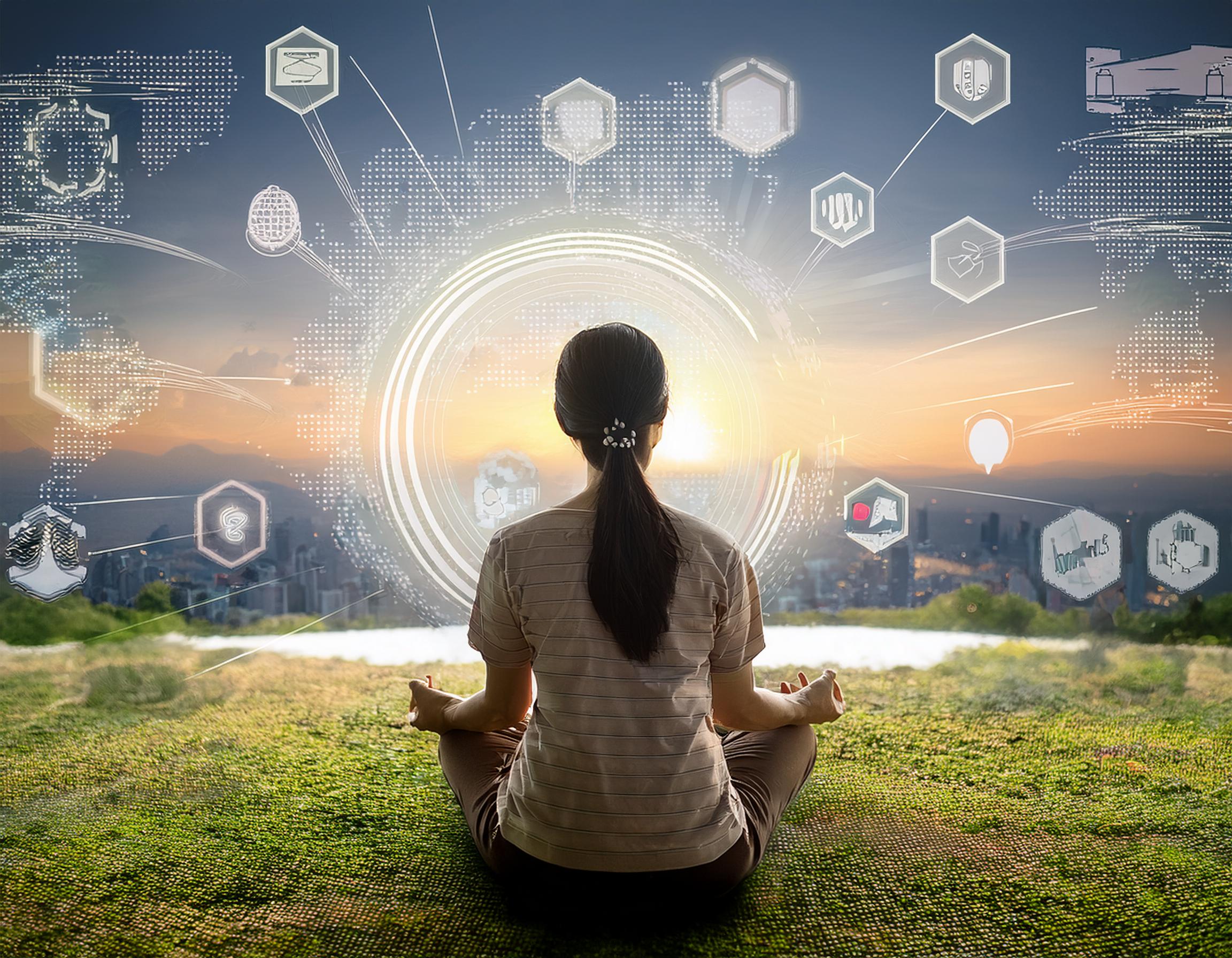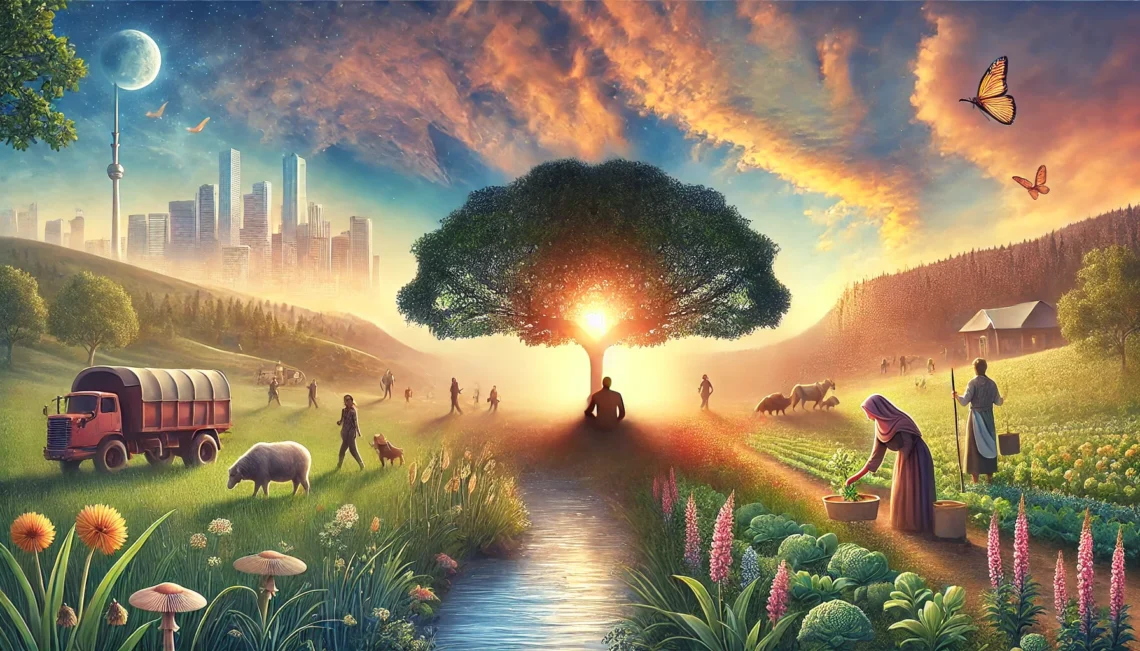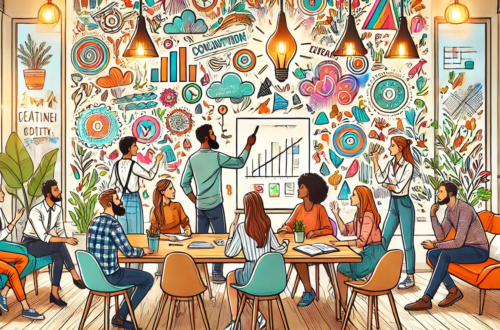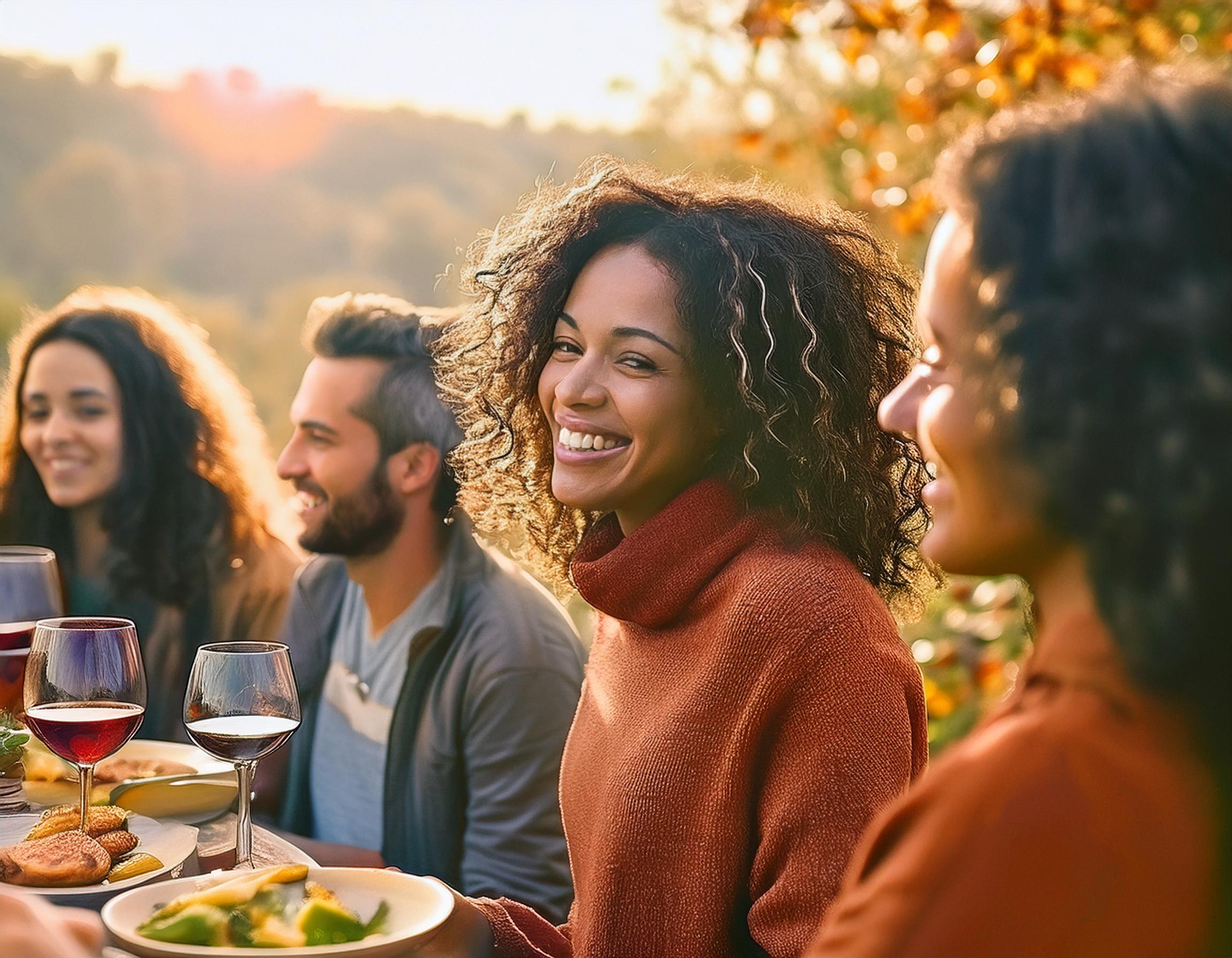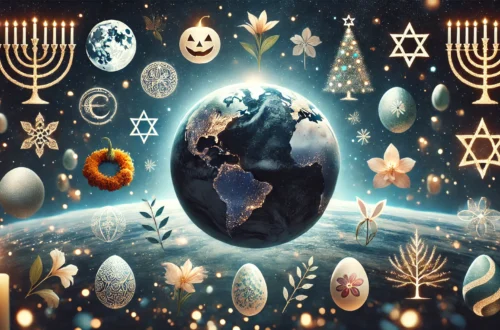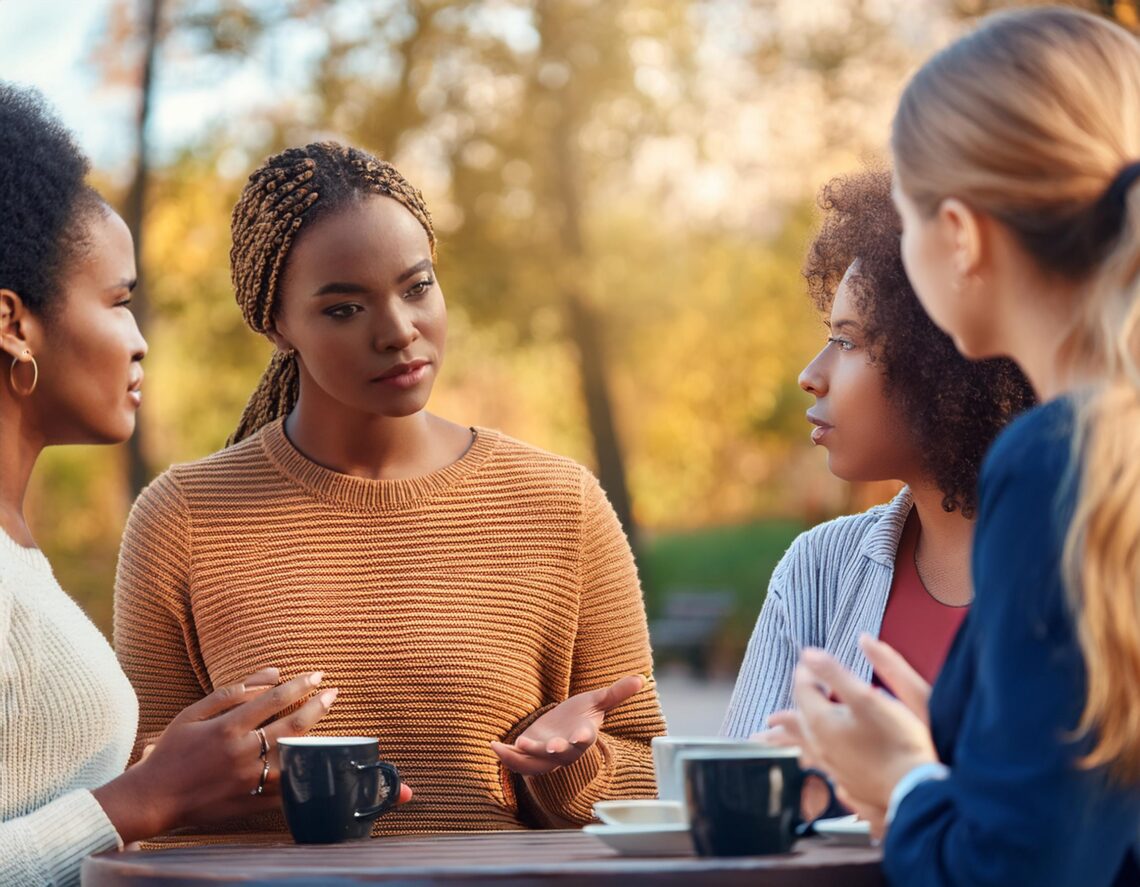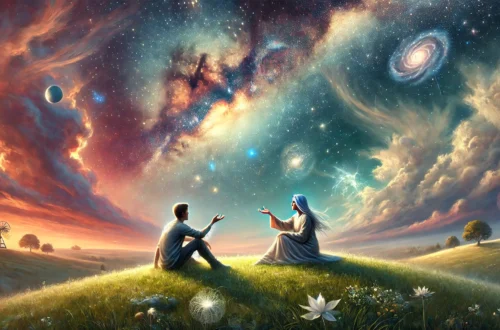The rhythm of holidays is deeply interwoven with the turning of the seasons and reflects an ancient and universal wisdom. Beneath the surface trappings of the world’s holiday traditions lies a profound psychology rooted in themes of mortality, gratitude, connection, and renewal. These celebrations echo across time and cultures, conveying shared human truths that transcend national or religious boundaries. From Halloween’s contemplation of life’s fragility to the communal gratitude of Thanksgiving, the generosity of winter festivals, and the renewal of spring, the cycle of holidays serves as a mirror for life’s cycles and an invitation to honor our shared humanity.
-
-
The holidays call to something beautiful within us: the instinct to give, to share love, and to deepen our connections with others. For many, this season is a time of heightened generosity—a joyful outpouring of care for family, friends, and community. Yet alongside this joy, the holidays can also bring a quieter burden: the weight of expectations, both external and internal, to give more, do more, and be more.
-
Spirituality is essential for human resilience, offering tools to navigate life's challenges and foster connection. It promotes self-awareness, purpose, and empathy in both personal and professional contexts. Embracing spirituality enhances well-being, creativity, and fulfillment, helping individuals align with their values and live meaningfully.
-
Community is essential for human connection, offering support, growth, and a sense of belonging. It fosters individuality while promoting shared goals, helping us navigate challenges. By creating or joining supportive groups, we not only enrich our own lives but also contribute positively to the world, cultivating compassion and sustainability.
-
When social and political tensions seem overwhelming, it’s easy to feel powerless. Many of us watch the world with growing frustration, anger, or sadness as injustices unfold around us. We feel the weight of our own values clashing with the choices of the majority, and it can leave us questioning not only our place in society but our ability to make a difference. How do we reconcile these feelings of powerlessness with the need to stay true to our sense of responsibility for justice? How can we preserve our happiness while remaining committed to positive change?
